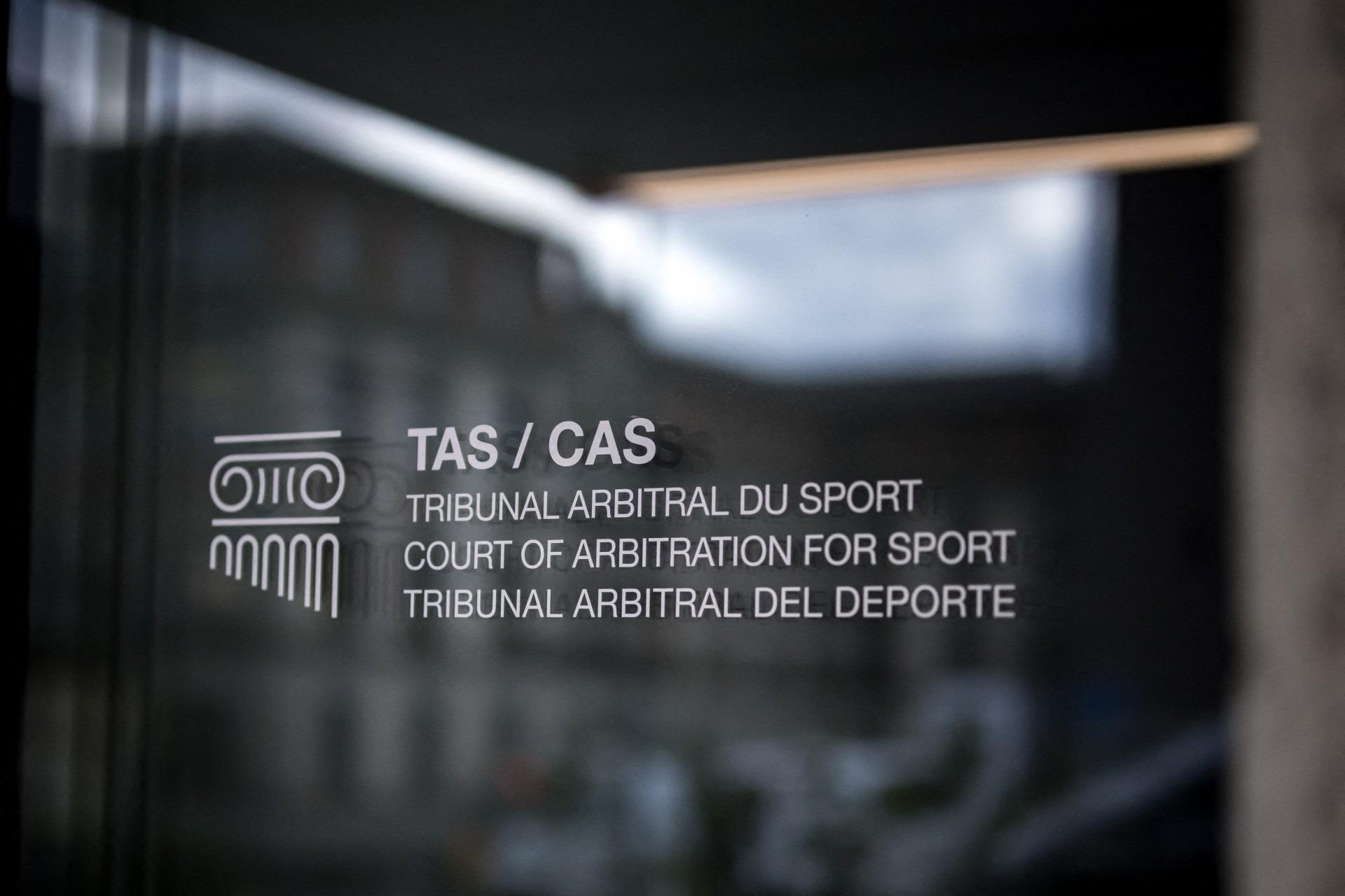 Former WTA number 1 tennis player Simona Halep of Romania arrives surrounded by the media for a hearing in the arbitration procedures against International Tennis Integrity Agency at the international Court of Arbitration for Sport, CAS, in Lausanne, Switzerland, Feb 7, 2024. (PHOTO / XINHUA)
Former WTA number 1 tennis player Simona Halep of Romania arrives surrounded by the media for a hearing in the arbitration procedures against International Tennis Integrity Agency at the international Court of Arbitration for Sport, CAS, in Lausanne, Switzerland, Feb 7, 2024. (PHOTO / XINHUA)
GENEVA - Former Wimbledon and French Open champion Simona Halep had her four-year doping ban cut to nine months by the top court for global sport on Tuesday, making the former world number one eligible to return to competition immediately.
Halep was initially banned for four years for two separate anti-doping rule violations. But the Lausanne-based Court of Arbitration for Sport (CAS) ruled that her suspension should be reduced to nine months, a period she has already served.
"The CAS Panel has unanimously determined that the four-year period of ineligibility... is to be reduced to a period of ineligibility of nine (9) months starting on 7 October 2022, which period expired on 6 July 2023," CAS said.
Throughout this long and difficult process, I have maintained my belief that the truth would eventually come out, and that a just decision would be reached, because I am and always have been a clean athlete ... I cannot wait to return to the tour.
Simona Halep, Romanian professional tennis player
Now that the 32-year-old Romanian is eligible to compete, she could be granted a wild card to this year's French Open or Wimbledon.
"Throughout this long and difficult process, I have maintained my belief that the truth would eventually come out, and that a just decision would be reached, because I am and always have been a clean athlete," Halep said in a statement.
"I cannot wait to return to the tour."
ALSO READ: Halep sues Canadian firm over supplement linked to doping ban
Halep was suspended in October 2022 after she tested positive for roxadustat - a banned drug that stimulates the production of red blood cells - at the US Open that year.
She was also charged with another doping offense last year due to irregularities in her athlete biological passport (ABP), a method designed to monitor different blood parameters over time to reveal potential doping.
 A picture taken in Lausanne on Feb 7, 2024, shows the entrance of the Court of Arbitration for Sport ahead of the appeal against a four-year doping ban of former world number one tennis player Romania's Simona Halep. (PHOTO / AFP)
A picture taken in Lausanne on Feb 7, 2024, shows the entrance of the Court of Arbitration for Sport ahead of the appeal against a four-year doping ban of former world number one tennis player Romania's Simona Halep. (PHOTO / AFP)
Halep, who vigorously denied the charges against her, has said that she would most likely be compelled to retire if the initial four-year ban was maintained.
Halep blamed contaminated supplements for her positive test at the US Open and accused the International Tennis Integrity Agency (ITIA) of charging her with an ABP violation after the group of experts who assessed her profile learned her identity.
Halep blamed contaminated supplements for her positive test at the US Open and accused the International Tennis Integrity Agency (ITIA) of charging her with an ABP violation after the group of experts who assessed her profile learned her identity
In response to the ruling, ITIA Chief Executive Officer, Karen Moorhouse, said: "An essential element of the anti-doping process is a player’s ability to appeal, and the ITIA respects both their right to do so, and the outcome."
An independent tribunal accepted Halep's argument that she had taken contaminated supplements but said the volume she ingested could not have resulted in the concentration of roxadustat found in her positive sample.
However, the CAS Panel said that while Halep should have been more careful when using the supplement, she did not bear significant fault for the violation.
READ MORE: Halep says truth will come out after doping ban appeal
Also, the ABP charge was dismissed on the basis that it was appropriate to consider that the sample given in late 2022 was shortly before a surgery and that Halep had said she was not going to compete for the rest of that year.
The Professional Tennis Players Association said the CAS decision "underscores the need for sensible reform to an unjust system that fails to protect (the players' rights)".


